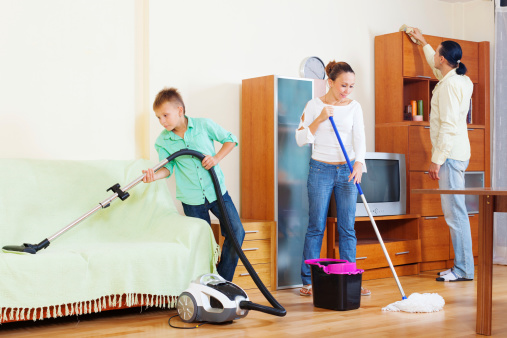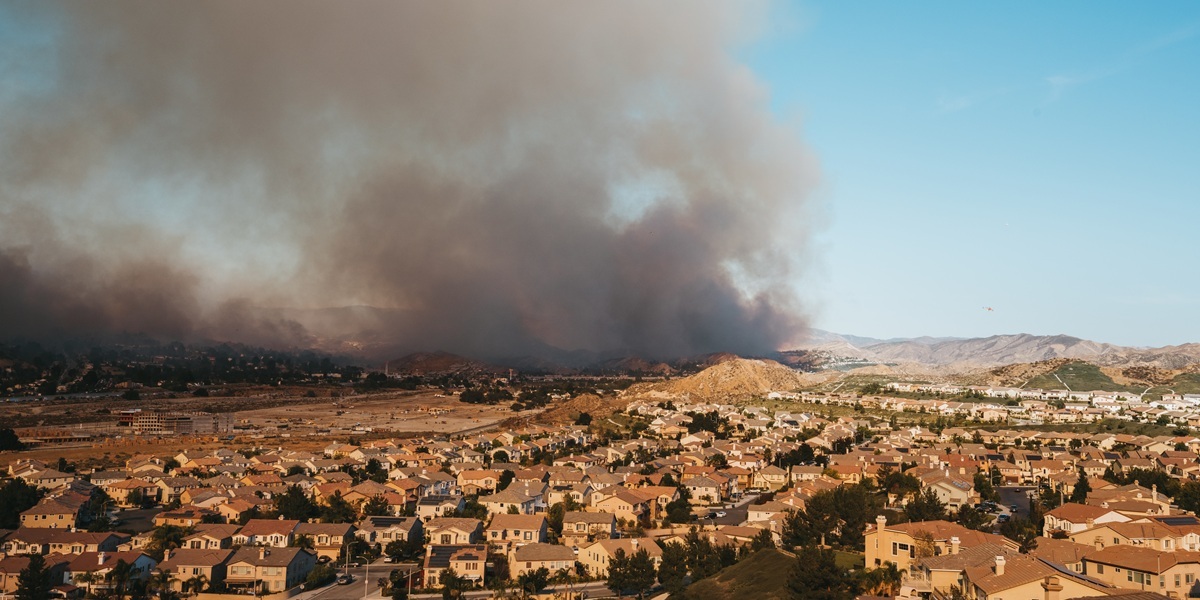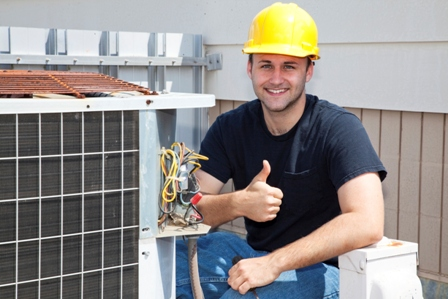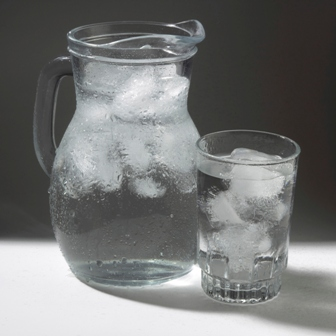 If you’re concerned about the indoor air quality of your home, you may be interested to know about a startling report that was unveiled in 2013 by the U.S. Environmental Protection Agency with the finding that pollutants found in most American homes are often two to five times higher – and sometimes even 100 times higher – than pollutants found outdoors.
If you’re concerned about the indoor air quality of your home, you may be interested to know about a startling report that was unveiled in 2013 by the U.S. Environmental Protection Agency with the finding that pollutants found in most American homes are often two to five times higher – and sometimes even 100 times higher – than pollutants found outdoors.
It's logical to assume, between pollution from cars and buildings alone, that the condition would be just the opposite. But, since many Americans spend more than 90 percent of their time indoors, it makes to be informed about how to improve the “IAQ,” short for indoor air quality.
While your heating system has a major effect on your indoor air, other culprits can test its integrity as well. Moreover, you can take proactive steps to improve your home's indoor air, and you can start today.
Many of the benefits of healthy indoor air overlap – and should never be taken for granted – because the air you breathe can:
- Literally save your life. The most toxic indoor air pollutants, the EPA says, are carbon monoxide, radon – two silent but deadly gases – and secondhand smoke.
- Keep you free from respiratory disease and mitigate symptoms from allergies and asthma.
- Reduce the intensity and longevity of colds and viruses and especially their accompanying symptoms, including coughing, sneezing, runny noses and general ear, nose and throat irritation.
- Affect the quality of your sleep and, by extension, your overall health.
You'll feel a noticeable difference in your home's indoor air quality when you identify the culprits that threaten to undermine it and then devise a suitable strategy:
- Counteract the risk of carbon monoxide by installing a carbon monoxide detector near your furnace. It's normal for a furnace to emit small traces of carbon monoxide, but a malfunctioning furnace can leak dangerous levels of this gas into the air. Ensure that your fireplace is ventilated properly, too.
- Counteract radon by having your home tested by a licensed professional.
- Counteract the dangers of second-hand smoke by asking smokers to light up outdoors only.
- Counteract fumes from gas-powered tools by starting them – and running them – far away from the door that leads to the inside of your home.
- Counteract the effect of outdoor pollutants, allergens and dirt by asking people to remove their shoes at the door so that they don't track and spread these contaminants throughout your home.
- Counteract mold in your bathrooms by running an exhaust fan while you run hot water and for 10 minutes afterward and by cleaning your tubs and shower stalls with a 50-50 solution of white vinegar and water once a week. Even if you don't see mold forming, vinegar can help prevent mold from developing. If your basement is prone to dampness, which can breed mold spores, install a dehumidifier.
- Counteract dust mites by washing all of your bedding —sheets, pillowcases and blankets—in hot water once a week. Dust and vacuum your bedrooms and consider buying allergen-proof pillow and mattress covers.
- Counteract germ-spreading insects and rodents by keeping food and crumbs off your counters and floors.
- Counteract pet dander by keeping your furry friends off your furniture and being vigilant about vacuuming or mopping your family, living and dining rooms. Take area rugs outdoors and shake them free of dust and dirt or, better yet, wash them in hot water once a week.
- Counteract the fumes from aerosol sprays and commercial household cleaners by eliminating or at least curbing your usage of them.
If you suspect that other culprits might be threatening your home's indoor air quality contact the expert heating system technicians at Experts In Your Home. We'll help you devise a strategy that will eliminate them so that you can start breathing healthier air today.
Do you know what to do if your heating system stops working? Download the free eBook below to learn the right questions to ask!








